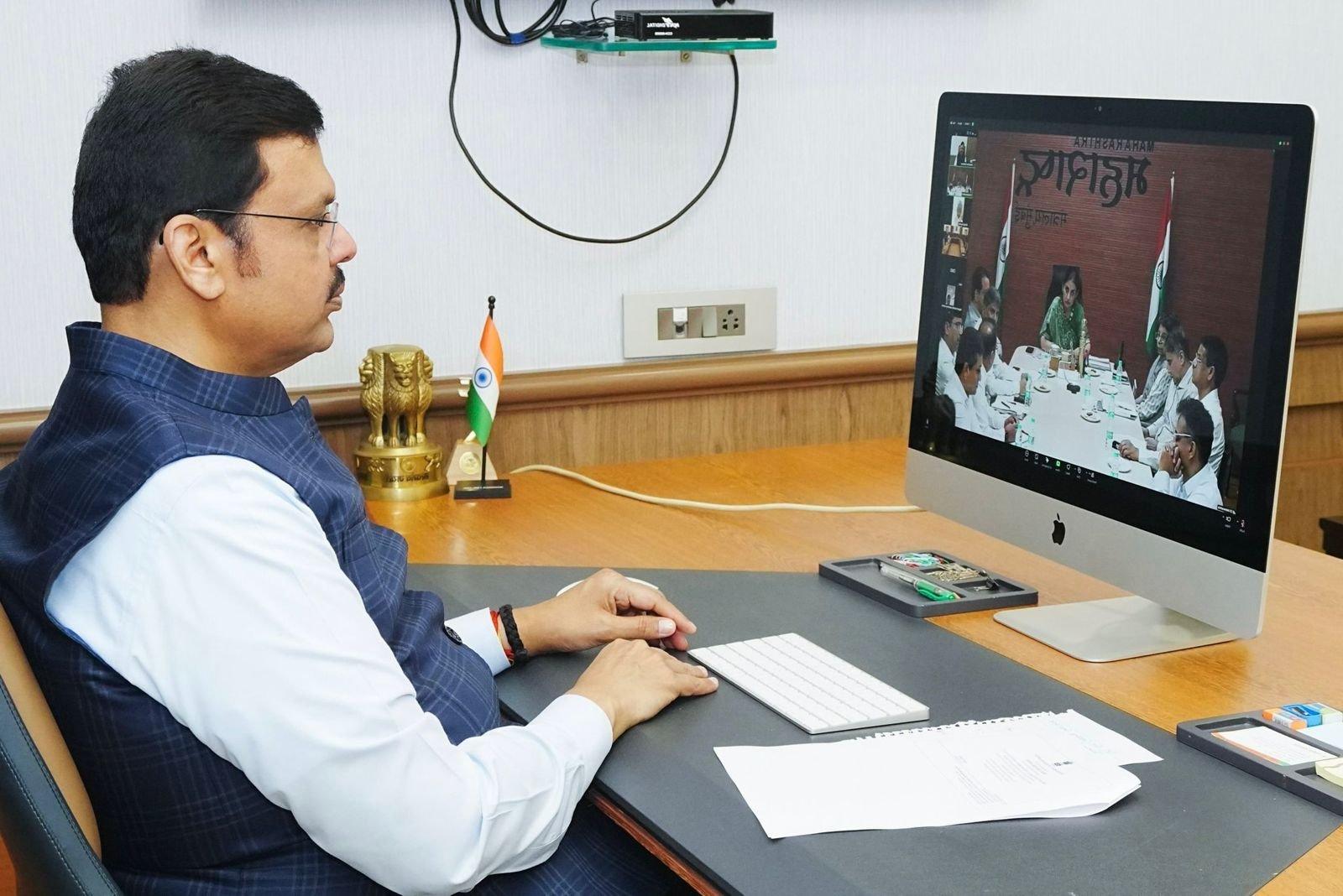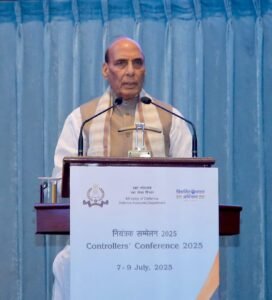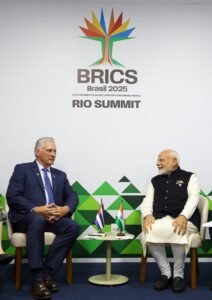Maharashtra has caused a stir by bringing back the Maharashtra Special Public Security Bill, 2024, which marks the return of ultranationalism in the area. The bill, which was proposed by Chief Minister Devendra Fadnavis, is mainly directed at the eradication of urban Naxalism. However, its wide scope and implications have incurred severe opposition.
The bill is meant to address the illegal actions of individuals and organizations that are a threat to public order and safety. It specifies “unlawful activity” as any act, words, signs, or representations that cause disturbances in public peace or invite disobedience. Critics claim that this vague wording endangers the criminalization of basic human rights, such as demonstrations and dissenting views.
The bill was first introduced in 2024 by the Eknath Shinde-led government but failed to gain approval. Reintroduced during the winter session, it has been sent to a joint committee for further review. Fadnavis claims existing laws like the IPC and UAPA are insufficient to address urban Naxalism.
According to the government, urban Naxal organizations provide logistical support and safe houses for armed cadres, worsening the Naxal threat. The bill’s statement of purpose highlights the growing influence of Naxal groups in urban areas. It emphasizes the need for state-specific legislation to combat this evolving challenge.
The Ministry of Home Affairs has suggested that states should also consider such laws to curb extremist activities. Chattisgarh, Odisha, and Telangana, besides Maharashtra, Public Security Acts are enacted in Chhattisgarh, Odisha, and Telangana to address these issues. With this recommended law, the state of Maharashtra will join the other states in this direction.
The act gives the government the authority to declare organizations that are unfair in their business practices, which might lead to a lack of transparency in the process. Actually, authorities are obligated to show the reasons for such preliminary measures. However, in exceptional cases, the authorities might not provide it if they consider the information not to be in the public interest. A supervisory committee made up of full-time judges from the high court, or trained people should review these declarations.
Critics, on the other hand, express their discomfort concerning the lack of enough assessment in the process of election of the advisory board members. Hamza Lakdawala, a Mumbai resident lawyer, said that the proposal is the exact copy of the older wrong and destructive laws like TADA and POTA. He also added that the ambiguous parts of the bill are very likely to be misused or wrongfully executed.
The proposed penalties under the bill are severe. Offenders may face three to seven years’ imprisonment and fines up to ₹5 lakh. Even non-members aiding unlawful organizations can face up to two years imprisonment and fines up to ₹2 lahks.
At the same time, the law makes all crimes cognizable and non-bailable, which empowers the police to arrest suspects without a warrant. Detractors are concerned that the police get too much power by that law, leading to the potential for abuse. The leader of Congress, Nana Patole, cast doubt on the need for new bills when laws such as UAPA exist. Fadnavis, however, pointed out that even the provisions of rural guerrillas were not explicitly mentioned in Maharashtra’s current legal structure.
Supporters argue the bill addresses genuine threats and strengthens Maharashtra’s ability to counter evolving Naxal activities. However, the broad definition of unlawful activities raises concerns about overreach and potential misuse.
The new law is an attempt to lead a middle path in keeping law and order and guaranteeing the rights of its citizens. Those who lose ground in these moves are the ones who argue for more accurate definitions of the offences and provide the necessary measures against abuse. In fact, in the meantime, the embattled law is still fighting for a second reading. Maharashtra has to be very careful as it walks a thin line between the safety of the population and the preservation of constitutional rights.









